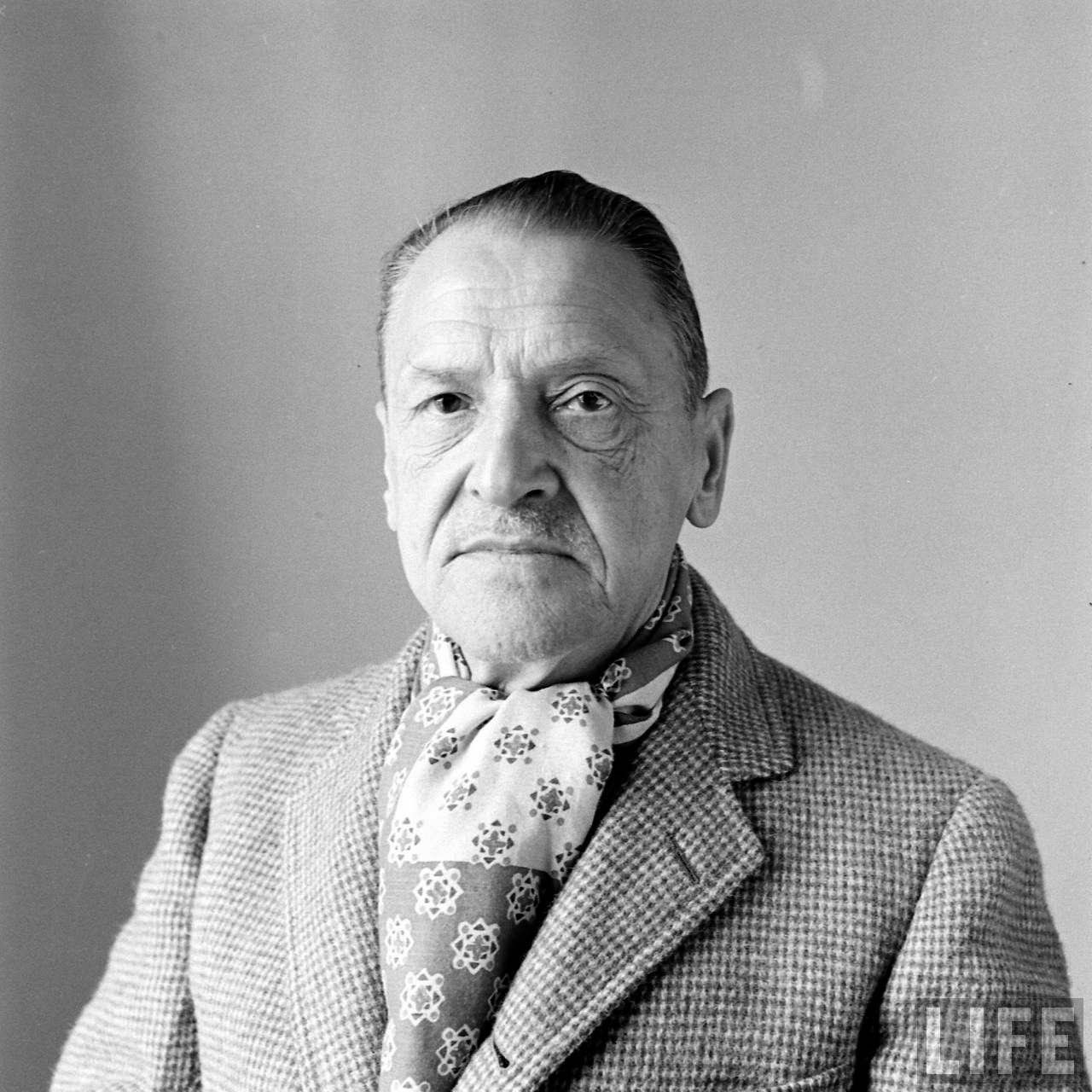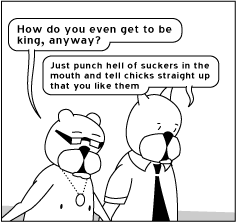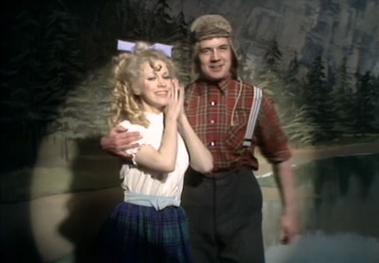
I finished The Executioner's Song last weekend (which means I've spent the intervening week looking for my third awesome Norman Mailer picture).
I enjoyed the book a lot. I could have done without the extended battles over TV rights to Gary Gilmore's story, but I guess extraneous detail is kind of Mailer's thing. The book also had a better chance than Armies of the Night or Naked and the Dead since it dealt with a lot of issues I'm interested in, namely: the death penalty and society using unique, personal situations as larger political causes. It ultimately convinced me to pick up a cheap copy of Mailer's book on the Rumble in the Jungle, The Fight, from Better World Books. Maybe I should have just watched When We Were Kings again instead.
Not unlike Truman Capote's In Cold Blood, Mailer did a great job of turning actual people into great literary characters, making this the second book in a row that I enjoyed because of a similarity to Capote.
I haven't found much Capote in Ulysses which I'm about halfway through. So far the book feels like James Joyce keeps poking at my brain with his cane and if he doesn't stop I'll slap the eyepatch right off his dead Irish face. I've started the big book of Updike's early short stories to help keep my sanity.



